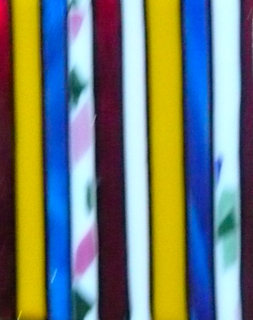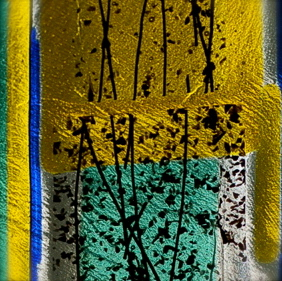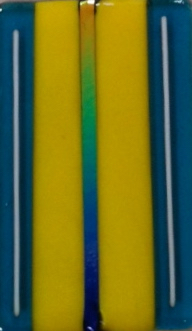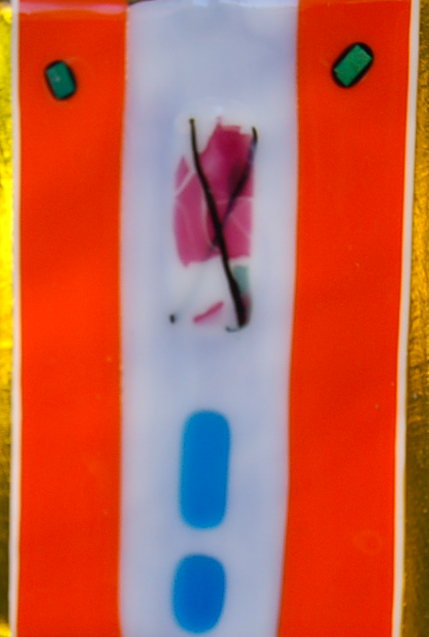
This is the Year of the Grand Experiment. Living simply, with more emphasis on what matters to health, heart, and soul than to doing and stuff. Buying less, and more consciously. Going eyeball-to-eyeball with my values, not just about money but with time, food, relationships, energy. Trying to make conscious choices in every dimension of life. Trying to live by guidelines and “rules,” notes that I wrote down last autumn, when I was contemplating what would make my life better, healthier, more creative, productive, and joyous.
The gifts that are coming towards me as I live by these rules are abundant. Some new, others I’ve sought for a long time. Some are delightful. Others challenging. When I do this experiment well, I hear them and if I hear them….That’s the rub, can I keep doing them?
I think the answer is Yes, because somewhere along the way I’ve moved from that old karmic dance routine of “one step forward, two steps back,” to its more evolved sister, two steps forward for every one back, sideways, or standing still staring into space wondering if I really can keep this process going.
This week’s reading has the great line We will do and we will hear (in contrast to a later one, We will hear and we will do). It’s a synergistic form of self-improvement. One that, like a childhood game, doesn’t matter where you jump into the circle. Just that you commit to doing. And keeping doing. Day by day.
This is the first reading in which we get lots of rules. Instructions for daily life: 613 in all coming our way, with 50+ here out of the gate. About everything from cooking to praying. Rules for behavior. But more importantly, an expression of values.
Sinai gave us the biggies, the Ten Commandments. These rules are the how-to manual for daily life.
When I work with people, coaching or problem solving, I’m always trying to get them to understand their values, and how those values influence and relate to their goals. What they’re striving for as well as their ethics and moral elasticity.
How we live daily life should be an extension of our values.
There’s a concept in Jewish mysticism of the big face and the little face: the face of the divine and our own. The little a reflection of the big. In the image, so to speak. There’s also the value of treating others as we wish to be treated.
If you cannot see yourself clearly, it will be harder to see another. Ditto to respecting, accepting, loving, having compassion for, and caring for yourself and others.
Take some time to think about your own values. Relationships, money, time, food, your body, and your spiritual practice. You can call them rules if you need a prod or an organizational tool. But in a more elevated consciousness, it’s about committing to living with ritual and with intention. About making the choice to elevate your actions by consciousness and awareness. Each choice, each moment. You may not see the face of God, but you can very clearly see your own.
 In the psychological thriller Descent, author Tim Johnston sets up several interlocking pairs of troubled relationships, mostly father /son, but there’s just enough pervasive misanthropy and sense of imminent threat, that you’re just never quite sure when everything’s gonna erupt. And then, hope against hope, with not a shed of evidence to even hint you should imagine, you find yourself rooting for one of the meanest ones to become a hero, to be moved by sense of humanity you’ve had no reason to believe is there.
In the psychological thriller Descent, author Tim Johnston sets up several interlocking pairs of troubled relationships, mostly father /son, but there’s just enough pervasive misanthropy and sense of imminent threat, that you’re just never quite sure when everything’s gonna erupt. And then, hope against hope, with not a shed of evidence to even hint you should imagine, you find yourself rooting for one of the meanest ones to become a hero, to be moved by sense of humanity you’ve had no reason to believe is there.








